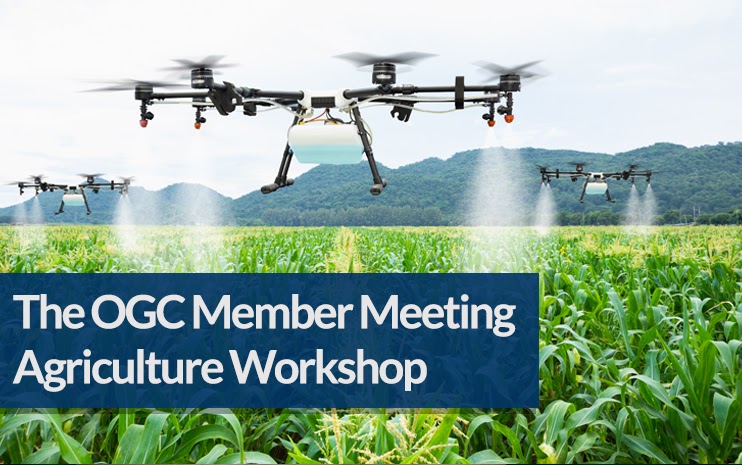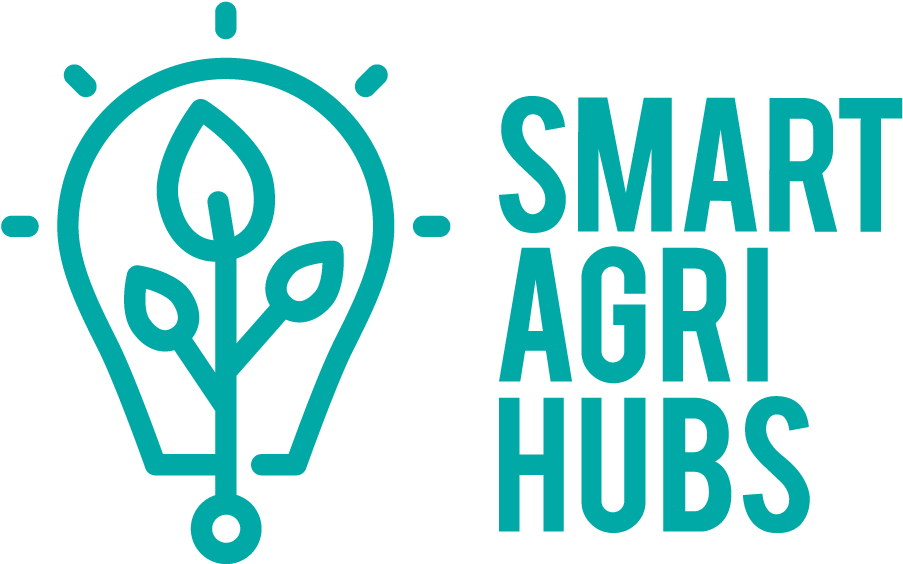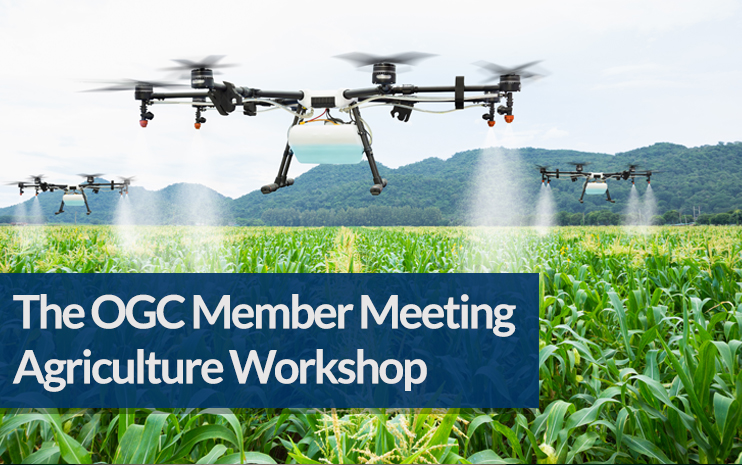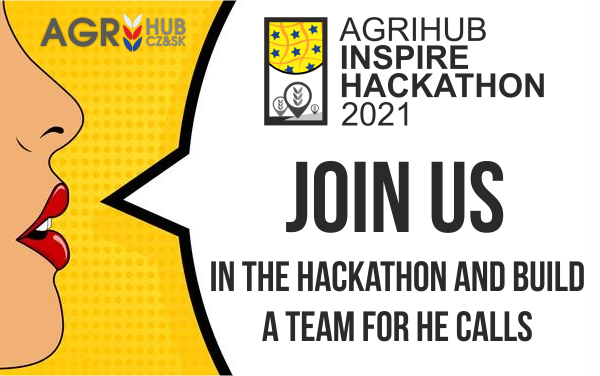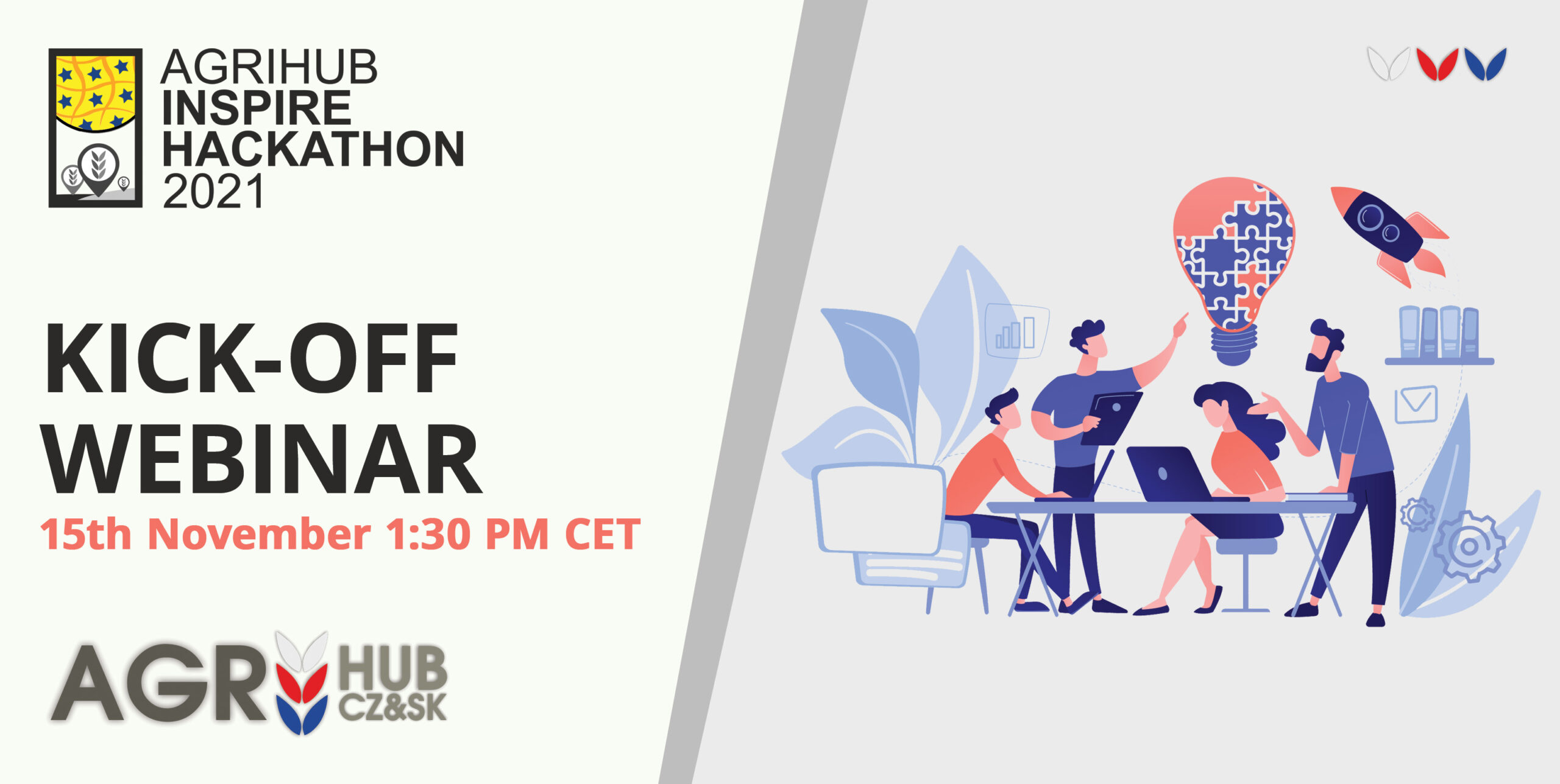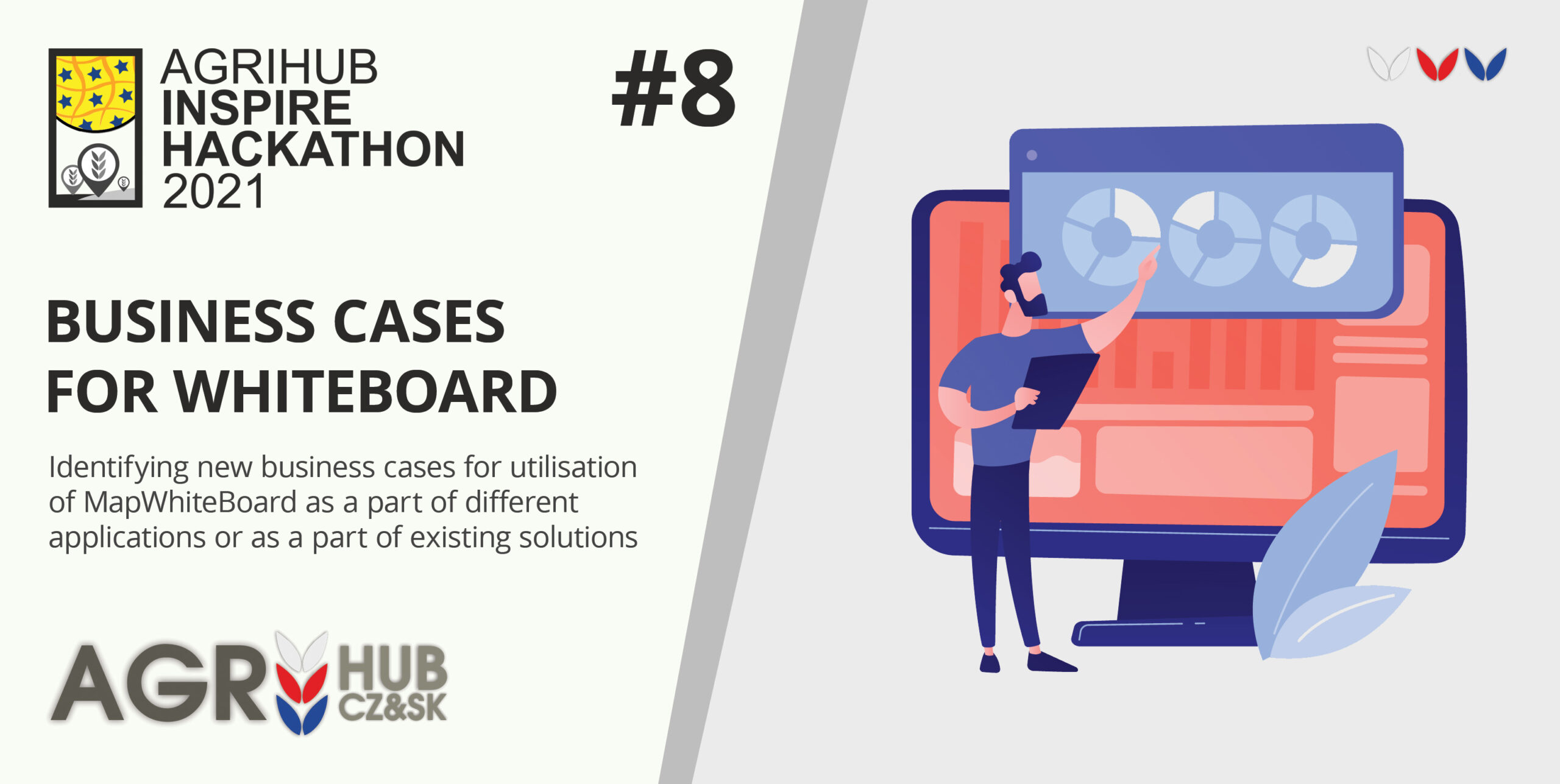Hosted by the Government of South Africa through the Department of Science and Innovation and Supported by the European Commission (EC) and African Union Commission (AUC), IST-Africa 2022 (May) is the seventeenth in an annual series of Ministerial Level Technology Research and Innovation Conferences. IST-Africa 2022 has Technical Co-Sponsorship by IEEE Society on Social Implications of Technology and IEEE Africa Council.
The IST-Africa Conference Series provides a world-class strategic platform rotating around Africa to strengthen technology-enabled Innovation, Science and Technology and Entrepreneurship related policy dialogues within Africa and between Africa, Europe and the rest of the world, Global Development, Research and Innovation Cooperation and Community Building. It also provides an opportunity to identify potential partners for future research cooperation under Horizon Europe and other international funding programs. IST-Africa is a unique community that brings together cross-disciplinary stakeholders from public, private, education and research, societal, funding and international donor sectors with end user communities focused on ICT and STI Research and Innovation and Technology-enabled Entrepreneurship.
IST-Africa 2022 Call for Papers invites full papers (8 pages in length) using the paper guidelines and IST-Africa template provided at http://www.ist-africa.org/Conference2022/default.asp?page=paperguidelines to be submitted online for blind peer review by the extended deadline of 31 December.
Thematic areas addressing achieving the UN Sustainable Development Goals (SDGs) include:
- Technology-enabled Healthcare (mHealth /eHealth)
- Technology-enhanced Learning and eSkills
- Technology-enabled Agriculture (mAgriculture /eAgriculture) & Environmental Sustainability
- Energy – ICT for Power Delivery, Micro-grids
- eInfrastructures and NRENs (National Research and Education Networks)
- Next Generation Computing including Artificial Intelligence, Big Data, Cloud Computing, Future Internet, Internet of Things (IoT)
- eGovernment and Public Service Delivery
- Content Technologies including Languages; Digital Preservation
- Cyber Security, Privacy and Trust
- Collaborative Open Innovation and Technology-enabled Entrepreneurship (including Social Entrepreneurship)
- Global Development (including ICT4D)
- Societal Implications of Technology
Please download the Call for Papers for more information – http://www.ist-africa.org/conference2022/files/ISTAfrica2022_CallforPapers.pdf and receive regular updates by following us on Twitter http://twitter.com/ISTAfricaNews
Please note only full papers are assigned for review.
Papers must present analysis of policy, initial or final research results or a case study. It is important to highlight actual or expected impact as well as the level of innovation. General project descriptions or descriptions of proposed research will not be reviewed.
It is necessary for the paper submitted to include a unique element that has not previously been published and any previous published materials to be clearly referenced (including material previously published by the authors).
Each presenter can present ONE paper in the Programme. It is necessary for papers to be presented by an author / co-author and answer questions based on the presentation during the event to ensure inclusion in the Proceedings.
Please only submit papers for review where there are authors/co-authors who will complete registration. Please do not submit multiple papers for which there is only one author who can register. Click here for more details.

